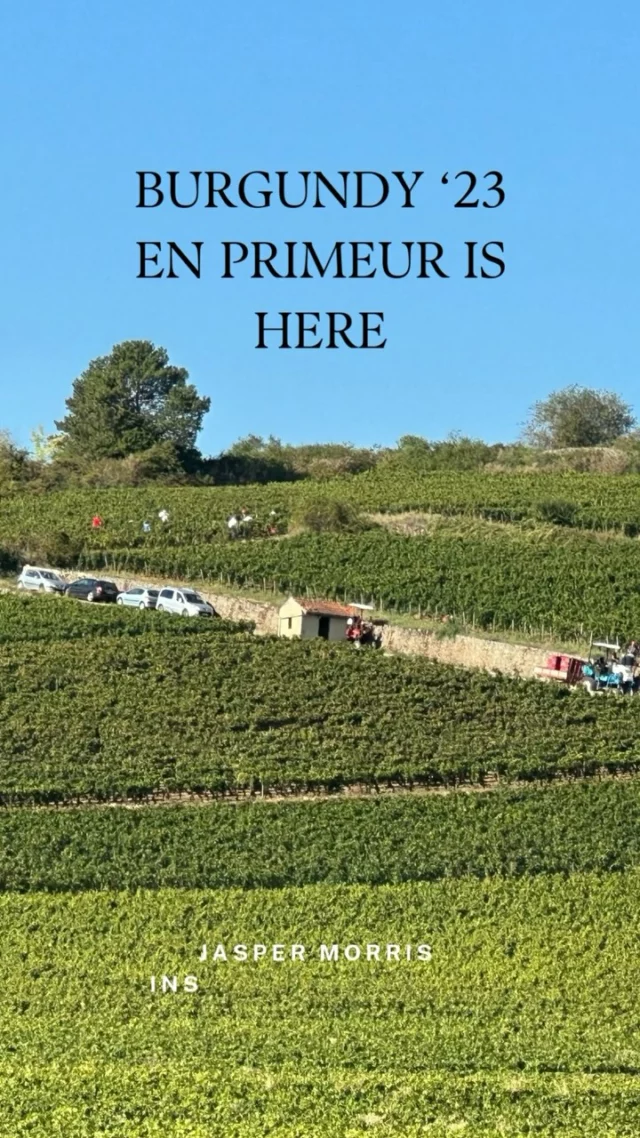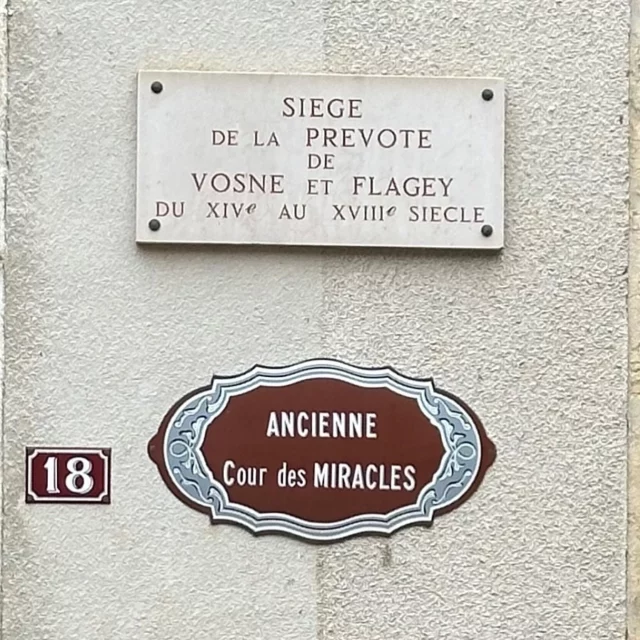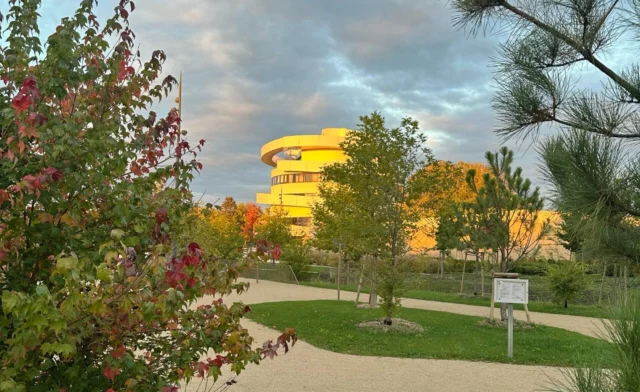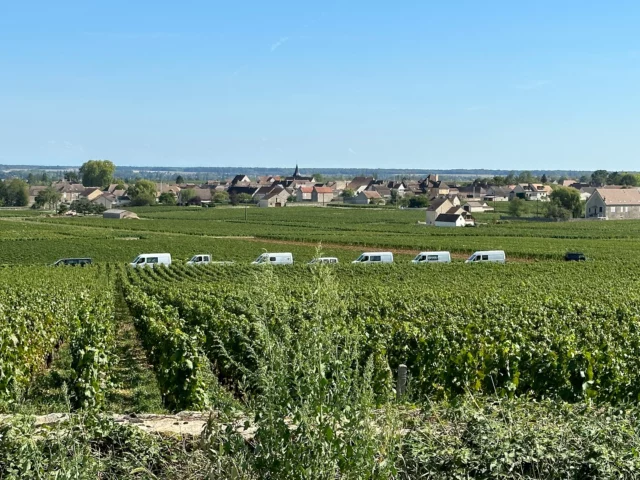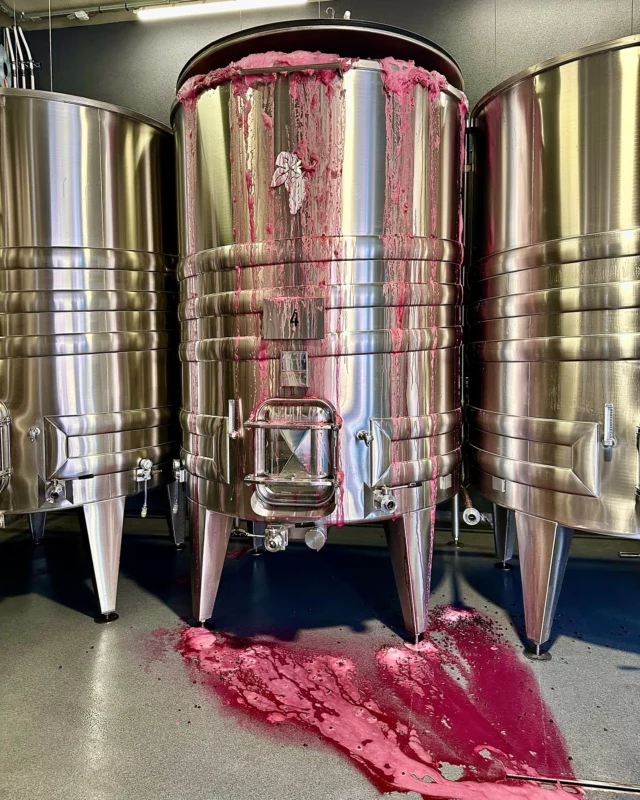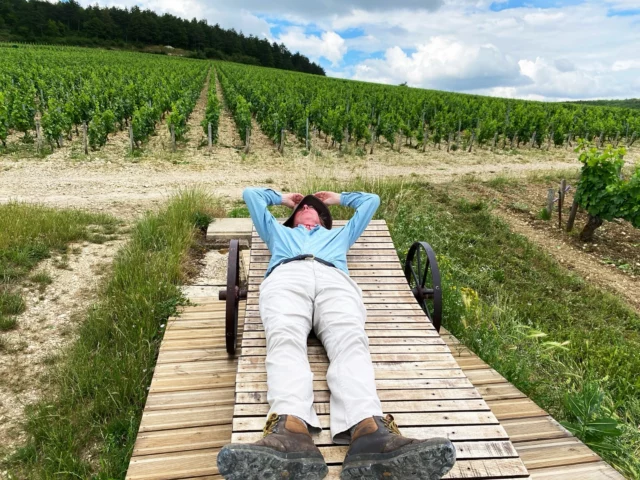2001 Vintage Overview
Updated Sep 2022
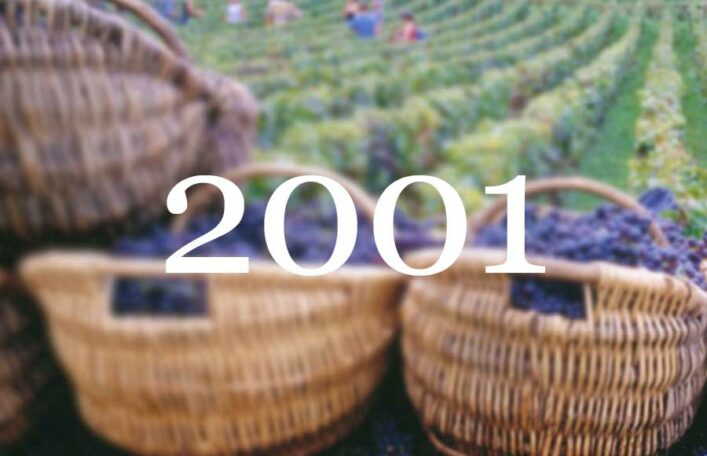
The weather
The winter of 2000-1 was miserable and wet, with no proper cold snap to kill off parasites. The growing season began more slowly than in the past few years and there was no spring frost damage. A very hot finish to May brought forward the flowering, but a cool period of unsettled weather in early June slowed it down again. When the flowering is spread out in this way the subsequent ripening tends to be uneven.
July was mixed, though better than 2000. The first real problem came on August 2nd, when a devastating hailstorm savaged Volnay, especially the premier cru vineyards, and to a lesser extent Meursault and the southern part of Pommard. August finished with a burst of heat – not as strong as in 1998, though again there was some incidence of scorched berries. Most producers (except in Volnay) were relatively optimistic at the start of September, hoping for a fortnight’s good weather which would enable them to pick a healthy, ripe middle-sized crop before the equinox. Instead the first three weeks of September were cool and frequently wet. Fortunately, rot was impeded by the cool temperatures, though it would have been worse if 2001 had been a huge crop of the size of ’99 and 2000.
The Ban de Vendanges for the Côte de Beaune was on Monday September 17th – another cool day with a blustery north-west wind giving alternate sunny spells and showers. However, sugar levels were relatively low and few people started before the following weekend, after which fortunately the weather improved. Tables de tri (sorting tables) were much in evidence because, as in 1998, it was necessary to weed out not only rotten grapes (and hail-hit ones in some parts), but also scorched grapes from the late August dog- days, and unripe grapes from the unusually prolonged flowering.
First impressions
In the Côte de Beaune most people preferred 2001 reds to 2000, except for hailed-on Volnay. In the Côte de Nuits most people talked of both being good vintages, though not to be compared with 1999. ‘If only we could have had one more week of really good weather…’
It was a reasonable crop in size for the whites, though smaller than 1999 or 2000. Jean-Yves Devevey made an interesting point about ripeness: whereas in 2000 he got high sugar levels but the grapes were not fully ripe, in 2001 sugar levels were quite a bit lower but the grapes actually tasted riper.
Reds were mostly unspectacular on the sugar front (11.5-12.5 per cent potential alcohol) but full of fruit. Acidity was normal, tannins present and for the most part ripe enough. Thicker skins than in 2000 (thank goodness, or else the poor weather in early September would have been a disaster) led to respectable colour extraction and plenty of red fruit. There seemed to be some parallels with 1993, another vintage needing an extra week of sunshine.
The wines in bottle
Of all vintages in the past 25 years, this is the one I have found hardest to pin down. When opened today, the wines are often attractive and enjoyable but seem to lack a specific character that strikes the attention. Most whites should probably be drunk up, though I have had several every enjoyable bottles in early 2021, still full of vibrant but certainly seeming at peak maturity. While 2001 has a little more weight of fruit and a little more structure than most 2000s, they too seem mostly to be approaching full maturity.
